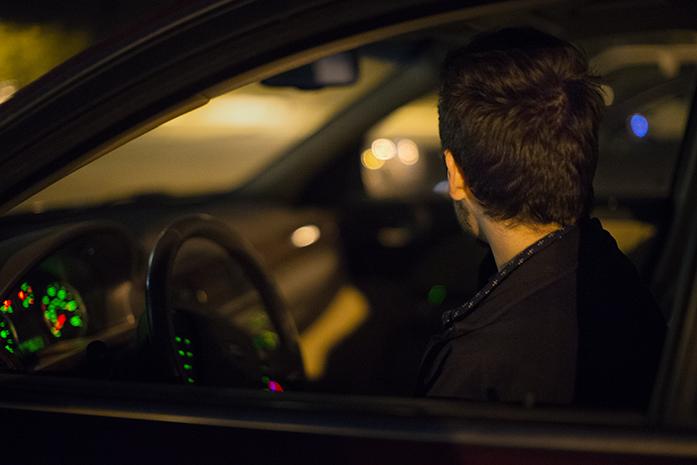Updates in technology are intensifying the stalking problem on the University of Iowa campus, officials say.
With the advent of the Internet, stalking has become a problem without boundaries. Social media can give anyone information about students and other community members, quickly.
Morgen Sedlacek, a volunteer at Rape Victims Advocacy Program, said social media and online stalkers affect more people than those who are physically stalked.
“It’s a huge problem on campus,” she said.
Approximately 7.5 million people are stalked in one year in the United States, according to January 2015 data from the National Center for Victims of Crime.
Those who participate in digital harassment are elusive, she said. Sedlacek said it often becomes difficult to harness the social media that students use because they often change, which makes it hard for law-enforcement officials to keep up with.
Many of the social apps, such as Yik Yak, Sedlacek said, are anonymous and make it difficult for officers to charge someone.
“It can sometimes get dicey because you don’t know who posted what,” Sedlacek said.
The UI does not take these incidents lightly, but a common problem, she said, is that students who have been accused of stalking often make the argument that they were not the ones who uploaded a post on their account. It is a challenge to confirm the identity of an online user, she said.
Sedlacek said that perpetrators have access to survivors even after a physical incident has occurred, via the Internet.
A UI sophomore who wishes to remain anonymous said she was stalked over the holiday season and was surprised to see incidents like stalking at the UI.
“I was in a makeup store, so it was a little odd there was a full-grown man following me in,” she said.
The stalker approached her in the parking lot after she called her father while at a shopping mall.
“He asked me where the food court was, but it was directly behind him. He knew directly where it was,” she said. “He asked me what my name was and where I was from, so I drove away.”
The woman felt like something was wrong but thought the statement would not hold merit when speaking with police.
“I would feel silly reporting it to an officer and saying, ‘This man went up to my car and asked me my name and where the food court was,’ ” she said.
She said she has always felt safe on campus until she started seeing similar incidents, including the arrest at Burge after a women was filmed while she was showering.
“It was pretty scary,” she said. “I lucked out.”
Colleen Theisen, the UI Special Collections outreach & engagement librarian, said the library’s large following on Twitter and YouTube has helped her understand the implications of using social media and the dangers of online stalking.
Theisen noted that her profession deals with books, making her following less controversial than others, but there have been cases of educational bloggers becoming attacked. Anita Sarkeesian, a blogger who posted educational videos about female roles in video games, was severely harassed.
“She [Sarkeesian] has had to cancel appearances because of bomb threats, death threats, and constant harassment,” Theisen said.
Theisen said a major problem is the Internet creates jurisdiction issues, especially if those who are spamming bloggers or others on the web are in a different part of the world.
She also said the only way to make changes and break stereotypes is to use a personal identity on social-media accounts.



